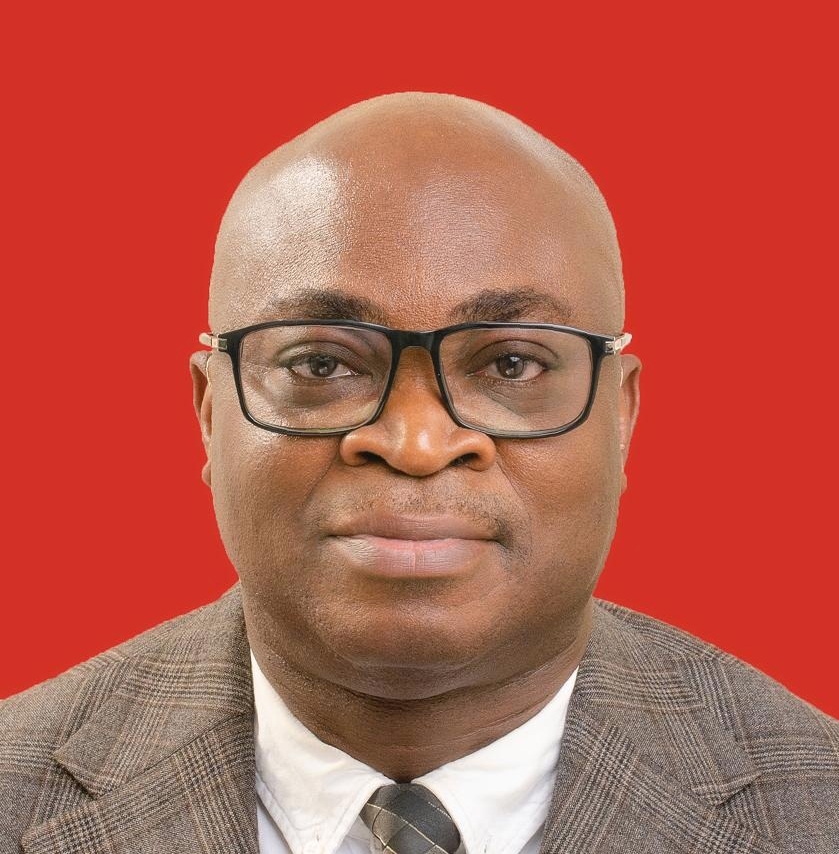Profile
Prof. Alexander Yaw Debrah is a Professor of Parasitology and Global Health. He holds PhD in Medical Parasitology from Bonn University/KNUST. He joined KNUST as a lecturer since 2007, and has held a number of positions at KNUST including Head of Department, Dean of Faculty of Allied Health Sciences and Acting Provost of the College of Health Sciences. He is the Chairman of the Graduate Committee of the College of Health Sciences, a member of the School of Graduate Studies Board and College of Health Sciences representative on the KNUST Academic Board.
His research focus is on Neglected Tropical Diseases (NTDs) but his area of interest is in filariasis. Prof. Debrah has research collaborations with many international universities and research institutions including University of Bonn, Case Western Reserve University of Cleveland, University of Buea in Cameroon, The Task Force for Global Health in the US, and Janssen Pharmaceuticals among others. He has been involved in a number of research activities including being the Director of German Federal Ministry of Education and Research (BMBF) funded TAKeOFF Consortium involving three African countries (Cameroon, Tanzania and Ghana) and two German institutions (Bonn University Hospital and Munich University). He has a number of research activities sponsored by Bill and Melinda Gates Foundation, European Commission, German Ministry of Education and Research (BMBF) and German Research Foundation (DFG) among others. He has won grants to the tune of over 15 million euros.
He has received a number of awards including German Paul-Ehrlich-Society for anti-infective therapy (“PEG”) and the German “Momento Research” Prize.
He has held a number of National and International positions including the Chair of the Planning Committee of Interscience Conference on Antimicrobial Agents and Chemotherapy (ICAAC) of the American Society of Microbiology.
Prof. Debrah has over 120 publications in peer-reviewed journals.

